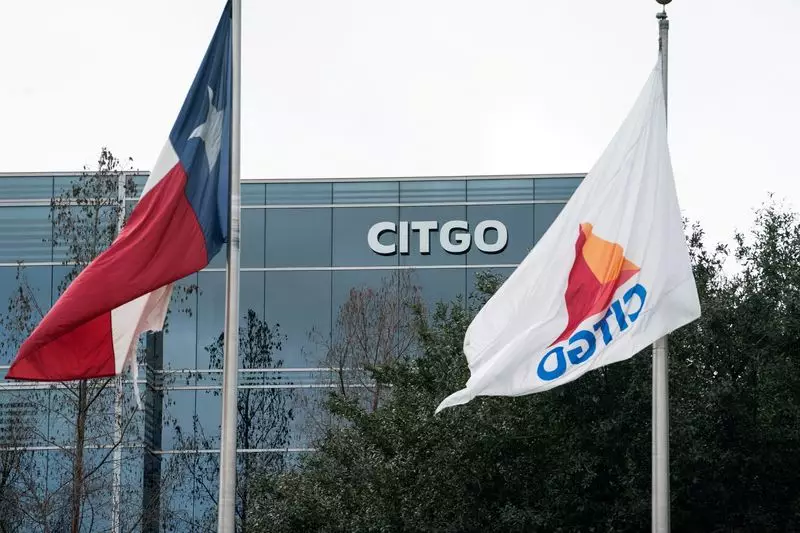The bid process for the auction of shares in the parent company of Venezuela-owned refiner Citgo Petroleum has hit a roadblock. The U.S. court overseeing the process has been asked to postpone the presentation of the winning bid to September 19. This delay is to allow the court officer evaluating bids more time to complete his assessment and negotiate with potential buyers. This decision highlights the intricate legal challenges faced in enforcing international arbitration awards and navigating sovereign and corporate immunity.
In what has been described as a historic auction, multiple competitive bids have been submitted for the ownership change of Citgo Petroleum. However, as of now, none of the bids have met the total claims filed with the court. This has prompted the need for further negotiations to clarify bid terms and potentially consider unsolicited bids that may offer better terms. The complexity of the bidding process is evident in the court officer’s request for additional time to finalize a definitive sale agreement.
The auction of Citgo Petroleum, a significant asset of Venezuela, has broader political and economic implications. With claims against Venezuela totaling $21.3 billion, the outcome of the auction could impact the country’s financial obligations. Moreover, the timing of the auction, just days before Venezuela’s presidential election, adds a layer of complexity. Both the current administration and political opposition in Venezuela have called for the auction to be delayed to prevent any interference in the election outcome.
Despite the competitive bids submitted by multiple investor groups, the valuation of Citgo Petroleum remains a point of contention. In previous bidding rounds, offers fell short of the market valuation of the company, leading to calls for a third round of bidding if fair value is not achieved. The involvement of financial institutions like JPMorgan, Morgan Stanley, and Rothschild & Co in securing financing for potential buyers underscores the high stakes involved in acquiring Citgo.
A key hearing scheduled for July 2 will provide an update on the bid evaluation process. This hearing is crucial in determining whether the court will accept the request for a postponement of the bid presentation. The judge presiding over the case will play a pivotal role in deciding the next steps in the auction process. The outcome of this decision will not only impact the future ownership of Citgo Petroleum but also have broader implications for international arbitration and corporate acquisitions.
The bid process for Venezuela-owned refiner Citgo Petroleum is a complex and multifaceted undertaking with significant legal, political, and economic implications. The outcome of the auction will not only determine the ownership of a major U.S. oil refiner but also set a precedent for future enforcement of international arbitration awards. The delays and challenges faced in the bidding process highlight the intricacies involved in navigating sovereign and corporate immunity in a globalized economy. As the case unfolds, all eyes will be on the U.S. court’s decision and its potential impact on the future of Citgo Petroleum and the broader energy sector.

